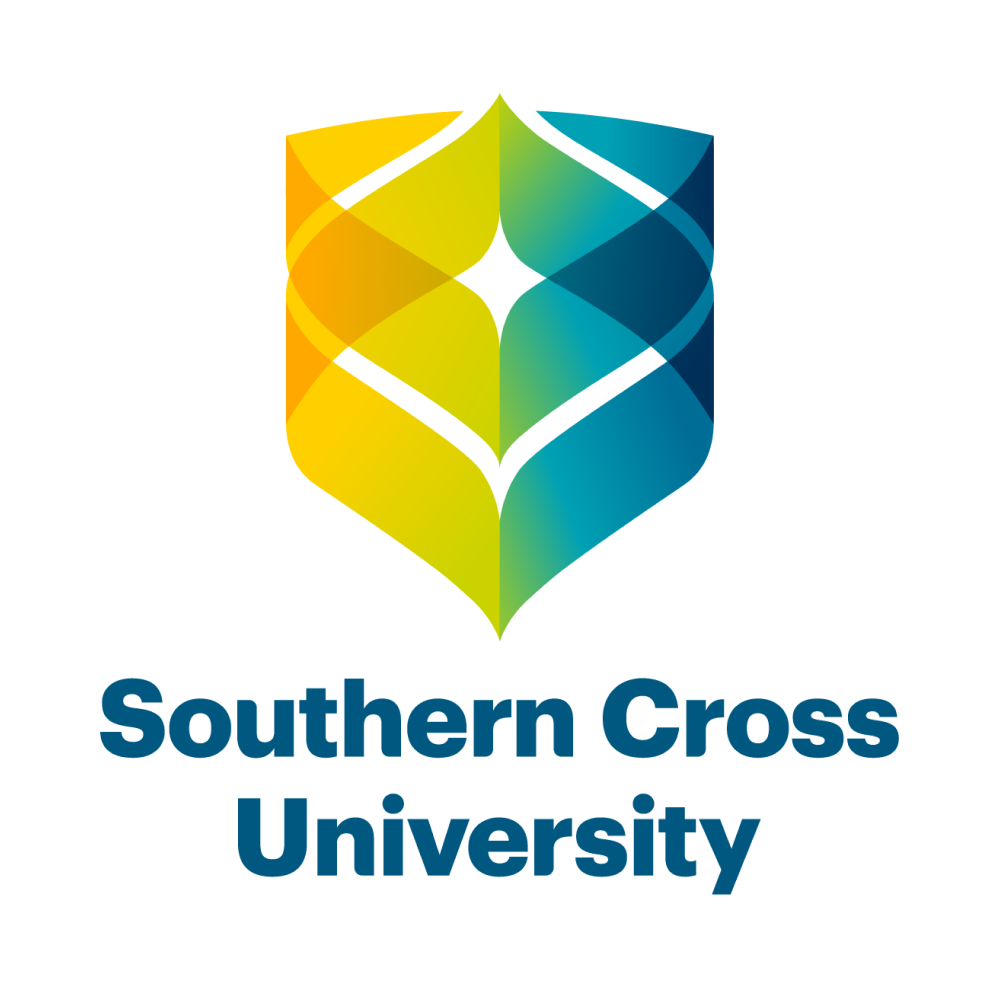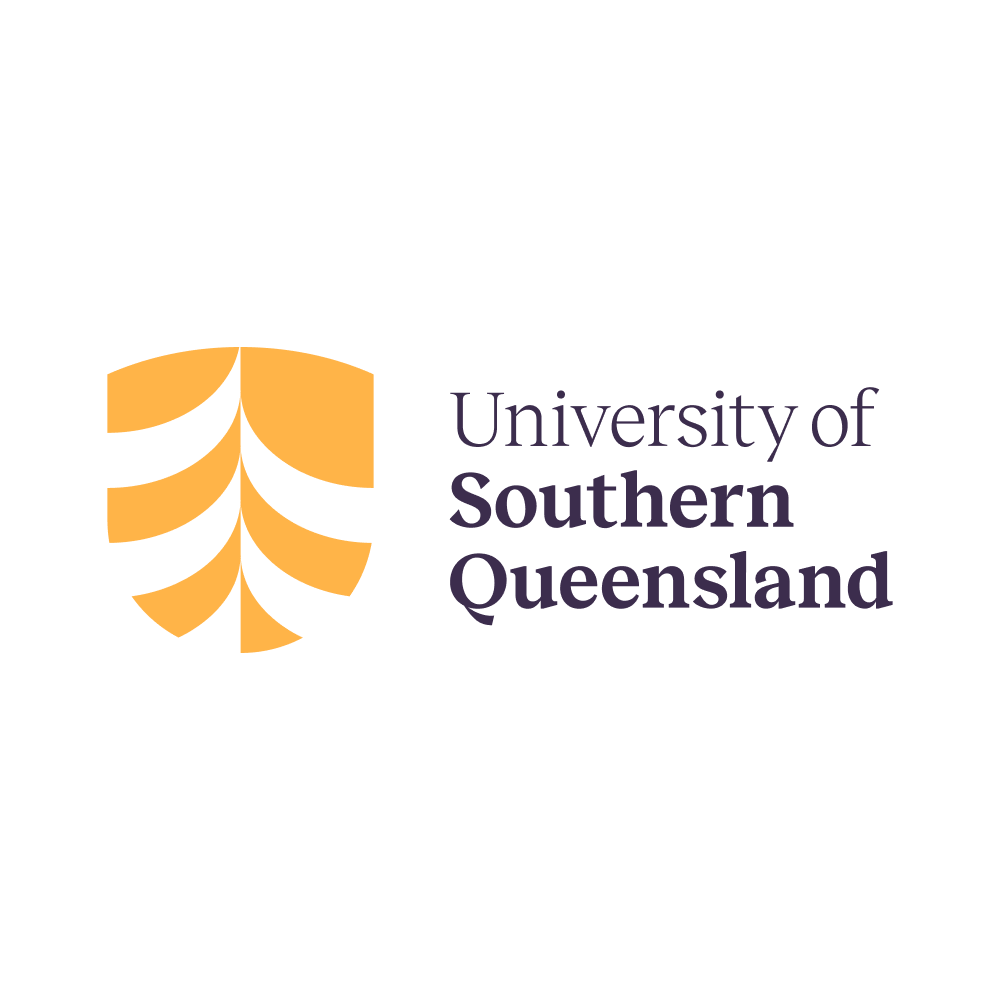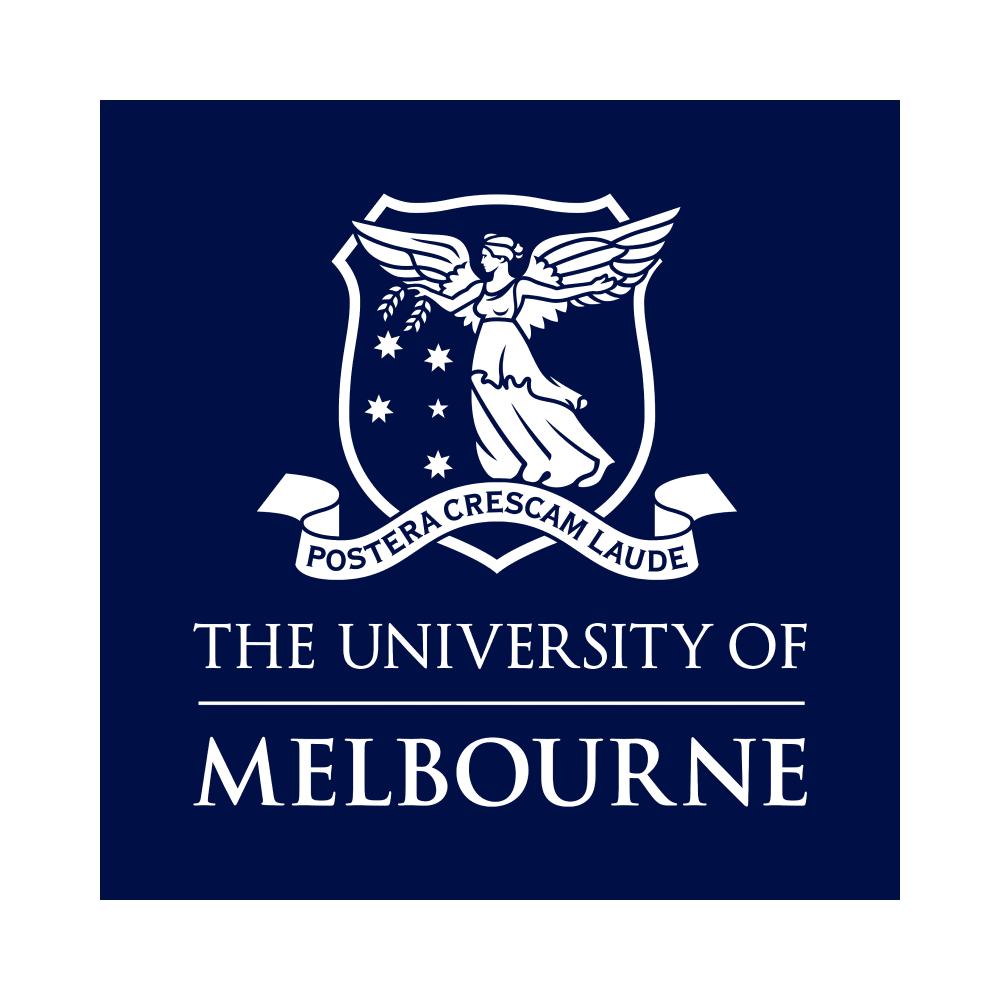
In this article, we explore what the top digital marketing skills in demand are. We’ll also reveal how pursuing an MBA can be a strategic move for both current and aspiring marketers wanting to stay up to date with new technology and trends.
7 digital marketing skills in demand today
Jess Gleeson, strategic and compliance manager at Now Actually, says the world of marketing has changed and the demand for skills in digital marketing is stronger than ever before. “In today’s modern society, digital marketing skills are essential because people now have the ability to work anywhere at any time. Technology has also enabled people to connect in real-time without the need to be physically present.”
Let’s take a closer look at the top 7 digital marketing skills in demand that you need to succeed.
1. Technology
New technology streamlines processes, improves efficiency and provides valuable insights into consumer behaviour. The ability to understand and work with marketing automation tools, as well as being able to work with AI and other new technologies, is essential.
“I think technology has made us more efficient in the way we work,” says Jess. “The use of AI still requires input from individuals to drive the technology, so it will be about marketers better understanding the desired outcomes and how to best work towards those with what they have.”
2. Social media
Proficiency in digital marketing channels, including social media and email marketing, is essential. Employers need people with more than basic social media skills. They need marketers who can create and execute effective strategies tailored to these platforms to reach their target audiences.
“There is a plethora of platforms that consumers use for content,” says Jess. “Understanding where your audience sits is a key element of any marketing campaign; if you do not know how to find your target audience, how can you market to them? If you cannot market to them, how will you progress the items that you’re marketing?”
3. Data analysis
Data-driven decision-making is the cornerstone of successful marketing campaigns. Marketers must be able to collect, analyse and interpret data to gain valuable insights into consumer behaviour and campaign performance.
“Data drives decision-making,” says Jess. “Understanding the performance of your ads, the copy, the impressions and the spend are essential in determining the campaign’s success. With a number of key metrics that drive an effective campaign, marketers need to understand the correlation between all the variables.”
4. Crafting content
Content remains king in the marketing world. Marketers need the skills to craft engaging and relevant content across various formats, from blog posts and videos to infographics and podcasts.
Jess talks about the importance of using data analysis to understand how your content is performing. Repurposing content “might encourage a consumer to download a free resource and allow you to add to your marketing database,” she says, so creating high-performing and engaging content is key.
5. Search engine optimisation (SEO)
In the dynamic world of digital marketing, SEO is more than just a tool. SEO helps websites appear in search engine results, ensuring they catch the eye of potential customers.
Developing SEO skills is more important than ever in today’s digital-driven marketing world. This means not just grasping the current ranking factors but also staying in the loop with the latest trends, adopting common optimisation techniques and understanding how this aligns with your business.
6. Conversion rate optimisation (CRO)
CRO is a crucial skill for digital marketers. Marketers with CRO expertise focus on optimising websites and digital assets to improve the conversion of visitors into leads or customers.
This skill involves knowing how to perform A/B testing, conducting user experience analyses and using data to drive decision-making and enhance the effectiveness of landing pages, forms and calls to action. The ability to pinpoint and address barriers that hinder the conversion of customers is integral for boosting the performance of digital marketing campaigns and maximising return on investment.
7. Digital strategy
Digital strategy involves the development and execution of a comprehensive plan that aligns a brand’s online presence with its business objectives. Digital marketers must understand the dynamics of various digital channels, including social media, content marketing, email and paid advertising, and how they interact to create a cohesive and effective online presence.
Creating a robust digital strategy includes defining target audiences, setting key performance indicators (KPIs) and using data to inform campaign optimisation to improve performance.
What marketing skills are in demand?
Beyond digital marketing, there are other skills that marketers need to succeed. Jess identifies transparent communication, critical thinking, strategic decision-making and empathy as a marketer’s most highly valued skills.
Effective communication fosters collaboration, critical thinking helps in problem-solving, strategic decision-making guides campaigns and empathy enables you to connect with your audience on a deeper level.
Digital marketing upskilling: how postgraduate studies can help
Pursuing a postgraduate course, such as an MBA, can offer distinct advantages. An MBA equips you with a more diversified skill set extending beyond marketing, covering aspects of business, including finance, operations, management and leadership – making you versatile and adaptable in the corporate world.
As Jess shares, “My MBA has given me exposure and a deeper understanding of other areas of business that I would not have been exposed to had I not completed an MBA. It’s given me the confidence to work in areas beyond my core skills and encouraged me to think differently. It has enabled me to be an effective leader and engage with a variety of professionals.”
Online universities provide flexible learning and support for students wanting to complete an MBA. “Completing my MBA online ensured that it didn’t impinge on my work-life balance. I had access to world-class educators from the comfort of my home.”
If you're hoping to advance your marketing career, you can explore MBA programs that include marketing units. These industry-relevant units are designed to help you upskill in various marketing areas including digital marketing. You can gain a comprehensive understanding of marketing roles and functions in an organisation and the market. Marketing units can also help you learn how to use digital marketing channels and tools to better reach online audiences, evaluate modern marketing practices and develop strategies to thrive in today’s dynamic business landscape.
Below are some examples of MBAs in Australia that offer a unit related to digital marketing.


As part of your studies, you will gain real-world insights through access to academic and industry experts, benefit from a curriculum informed by world-class research and further your professional practice to maximise your career progression. You will have the opportunity to engage with a diverse cohort of highly experienced peers from a wide range of industry backgrounds in an engaging learning environment.
Benefit from an evidence-based approach to marketing and gain access to the latest in practical industry-informed research. You will gain advanced marketing knowledge across a range of areas, including advanced marketing analytics, advertising theory and practice, brand management, buyer behaviour insights, and marketing strategy and planning.


The Master of Business Administration (Marketing) provides a comprehensive foundation in core business principles, with a specialisation in marketing. With sustainability built into every topic, industries 4.0 and 5.0 will come to life beyond the concepts. You will deepen your understanding of marketing principles and learn how to apply them to drive business results.
The MBA (Marketing) is designed for the future, with sustainability built in. You will learn how to leverage technology to test and understand customer motivations, track the path to purchase, shape emerging market niches and enhance the organisation’s brand.
The course is designed to provide a strong foundation in business knowledge, skills and attitudes to support the ethical, global business management of organisations, including private sector businesses, not-for-profit organisations and public organisations. Through experiential learning techniques, students will develop the knowledge and skills necessary to conduct independent research, undertake industry- and discipline-related projects and apply their learning to their individual business experiences.


In this course, you'll gain a broad understanding of contemporary management operations, as well as learning how to solve complex issues and manage the challenges of technology and finance and other critical business factors.
Your professional expertise will be honed by completing practical assessment activities in leadership, problem-solving and communication skills. In addition to core units, the course builds substantial expertise in an area through the completion of an industry research project.
The industry research project is ideal for developing extensive knowledge of an issue related to your current workplace or to a career you wish to pursue. A specialisation in Business Analytics and Artificial Intelligence complements the core units.
Alternatively, you can explore other postgraduate courses in digital marketing, such as the following.


This course is specifically designed in consultation with industry to create world-ready graduates proficient in digital marketing knowledge and application. Confidence and competence in applying digital and social media knowledge and associated skills are crucial for all marketing professionals and those who own or manage a small to medium-sized business enterprise. Students will critique topical, current and relevant issues in modern-day marketing practice and learn how to think strategically about social and digital media. Students will also use industry-standard software and technology to apply these skills.
Some of the tools students will work with include Synthesio and Hootsuite for publishing, engaging and analysing social media content and trends; WIX for creating, publishing and managing website content; Google Analytics for analysing website performance; and Gaze Recorder for analysing the effectiveness of digital content on a website.


The Graduate Diploma of Business (Digital Marketing) will help you gain the in-demand digital skills, experience and insights necessary for success in this fast-paced industry.
Understand the data that drives customers behaviour, and how to implement data-driven decisions and drive real business change.
Explore topics such a consumer behaviour, marketing strategy development, and marketing tools and technologies.


Become a digital marketing expert
Navigate the fast-paced world of digital marketing with a Master of Digital Marketing at Melbourne University. Develop specialised knowledge and skills through a suite of advanced subjects. Gain hands-on experience with leading companies and explore how digital marketing theories apply in real-world business contexts. Graduate with in-demand skills, ready to step into this exciting and ever-changing profession.
Key Features
- Build digital marketing skills and knowledge. Develop expertise in social media marketing, channel management, content marketing, retail, metrics and analytics.
- Road test your new skills in the industry. Develop job-ready skills and build your professional networks with an industry internship in your area of interest.
- Learn from industry experts. Explore best-practice examples from industry thought leaders and learn from case studies presented by marketing professionals.
The skills and knowledge you acquire from a postgraduate course with marketing units can help you become a better marketing professional. This qualification can also prime you for leadership roles, allowing you to take on more senior and higher-earning positions in your marketing career.
Staying ahead in the dynamic world of digital marketing
As a marketer, an MBA can help you stay ahead of the pack – providing you with a roadmap to thrive in this ever-changing landscape. If you're ready to elevate your career, explore diverse MBA programs and postgraduate courses in digital marketing offered by leading universities in Australia.



















